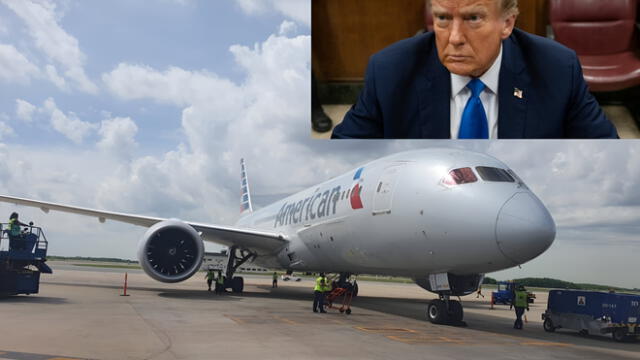Trump administration considers new travel restrictions for citizens of 41 countries
The Trump administration plans sweeping travel bans for 41 countries, citing security risks. Critics warn the move targets dissenters, fuels deportations, and threatens free speech on U.S. campuses.

The Trump administration is considering imposing new travel restrictions on citizens from 41 countries as part of a broader effort to tighten immigration policies. The proposed measures categorize countries into three groups: a total visa suspension for ten nations, partial suspensions for five, and conditional restrictions for 26 others. The list, pending approval from Secretary of State Marco Rubio, aims to address security concerns and enhance vetting procedures.
Trump's immigration crackdown: Visa revocations and campus surveillance expand
Previous travel bans under Trump primarily targeted Muslim-majority nations, sparking controversy. The new policy aligns with his 2023 campaign promise to curb immigration from regions deemed security risks. Additionally, the Department of Homeland Security (DHS) has intensified deportations, including revoking visas for foreign students allegedly linked to extremist activities or pro-Palestinian protests. Secretary of Homeland Security Kristi Noem emphasized that advocating violence invalidates visa privileges.
DHS recently searched the dorm rooms of two Columbia University students as part of broader surveillance on U.S. campuses. The Justice Department is investigating whether past student protests violated terrorism laws. Columbia's interim president confirmed no arrests were made but acknowledged compliance with federal orders. The administration also revoked a doctoral student's visa for alleged support of Hamas and arrested a Palestinian student for overstaying her visa.
Trump administration faces backlash over deportation list and free speech concerns
Far-right pro-Israel group Betar US claims to have provided the Trump administration with a "deportation list," leading to the arrest of activist Mahmoud Khalil. The group says it has submitted thousands of names of foreign students involved in pro-Palestinian protests. While the White House has not confirmed its collaboration, critics argue these actions suppress free speech and target specific communities.
These measures have sparked concerns over civil liberties and democracy in the U.S. Critics warn that silencing dissent through immigration policies sets a dangerous precedent. The administration’s threats to cut federal funding for universities failing to curb anti-Israel protests further fuel debates over free expression and national security.












